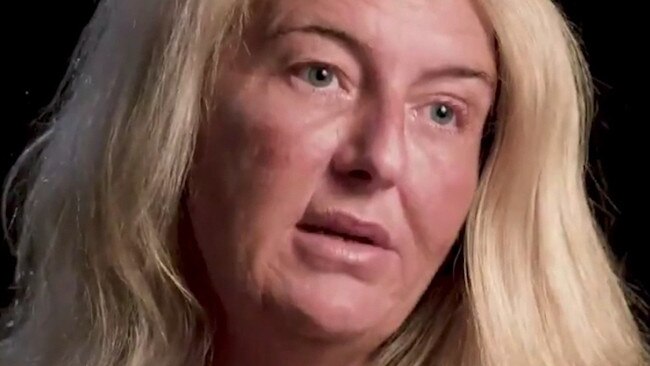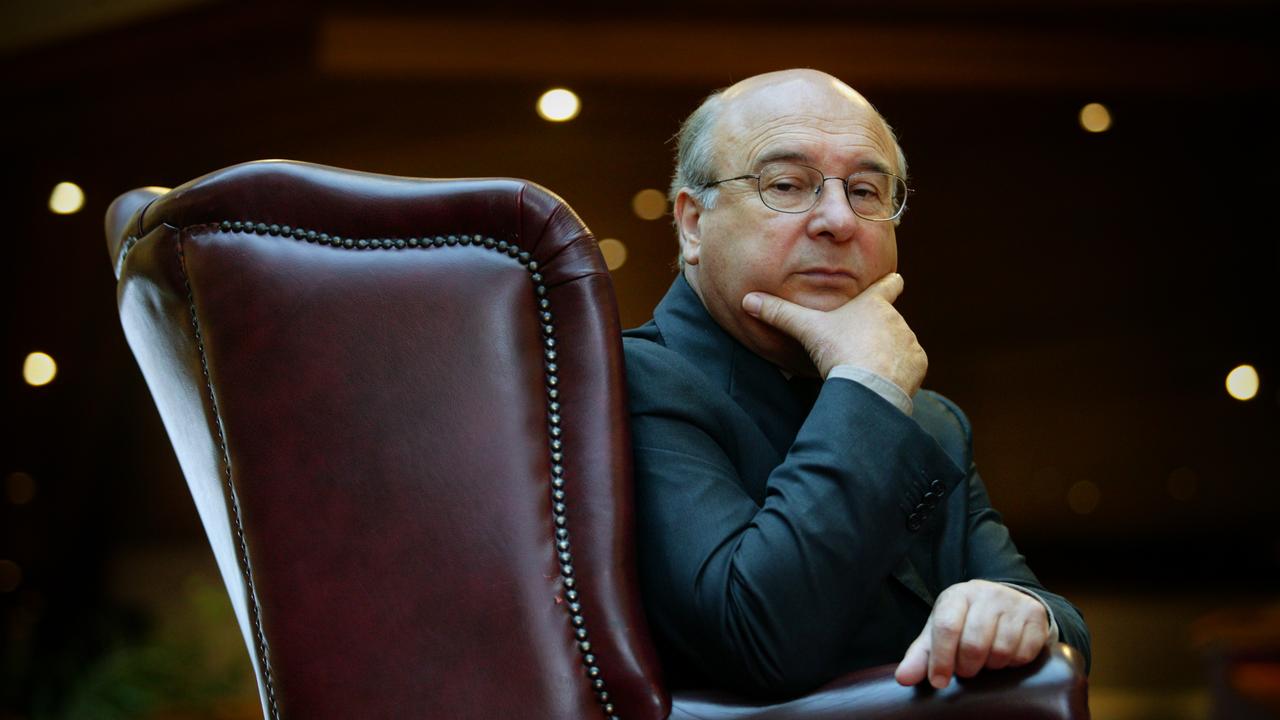Top Victorian cop ‘was playing dumb over Nicola Gobbo’
Victoria Police is trying to diminish the royal commission’s findings before the final report is released, counsel assisting claims.

Victoria Police is trying to diminish the Lawyer X royal commission’s findings and recommendations before the final report is released, counsel assisting claims.
Counsel assisting, Chris Winneke QC, said in a scathing reply to submissions that police claimed the investigation into the handling of informant Nicola Gobbo sought to apportion blame on individuals at the cost of considering systemic failures.
“By raising issues of alleged denials of procedural fairness and alleged apprehended bias, and by attacking the impartiality of counsel assisting and by inference the commission, one cannot help but be concerned that such complaints are made, at least in part, to elide individual responsibility and attempt to frame public opinion and diminish the findings and recommendations of this commission,” Mr Winneke said.
“When one carefully considers the above issues, it is submitted that the findings sought by counsel assisting are appropriate, and indeed necessary, to restore the confidence of the Victorian community in the vital work of legal practitioners and Victoria Police.”
Mr Winneke criticised Victoria Police members for not seeking legal advice during the time of Ms Gobbo’s informant role. “It is submitted that the failure to obtain legal advice was not as a consequence of any failure to recognise that a ‘wide conflict’ of interest existed, but rather a deliberate choice,” he said.
He submitted there may have been a “deliberate strategy” to keep Assistant Commissioner Luke Cornelius in the dark about the details of Ms Gobbo’s involvement. “In circumstances where there was a clear ‘need to know’ by Mr Cornelius, there was a contentedness by him not to know.”
Mr Winneke said there didn’t appear to be a deliberate strategy by Victoria Police to keep Mr Cornelius out of the loop: “If anything, there was an agreement to which Mr Cornelius was a willing party, that he would be shielded from knowledge of what her assistance had entailed.”
He said Mr Cornelius had obligations as the Assistant Commissioner of the Ethical Standards Division to inquire about the extent of Ms Gobbo’s role as an informer. “It is submitted that the evidence as a whole demonstrates that whilst there may have been a deliberate strategy to keep detail of Ms Gobbo’s involvement from Mr Cornelius in relation to matters other than the Petra and Briars Taskforce, he was a willing party to that strategy.”
Former chief commissioner Simon Overland also came under fire for not pressing for more details about Ms Gobbo’s involvement and seeking legal advice, as did the Source Development Unit for its role in keeping Ms Gobbo on the books.
“Whilst they may have reasoned some moral justification for Ms Gobbo’s continued involvement in the representation of those she was informing on, or in not disclosing the fact that she was doing so, it is clear from the evidence referred to in that, especially as time went on, they knew they were jeopardising the administration of justice in doing so,” Mr Winneke said.
“Further, responsibility cannot be denied on the basis that members of the SDU made efforts to dissuade Ms Gobbo from acting for those she had informed upon. The SDU had let it be known that they would never betray her role as a human source, regardless of her choices.”
Mr Winneke said individual members of Victoria Police had admitted in the hearings that serious mistakes were made, and Victoria Police as an organisation had admitted systemic failures.


